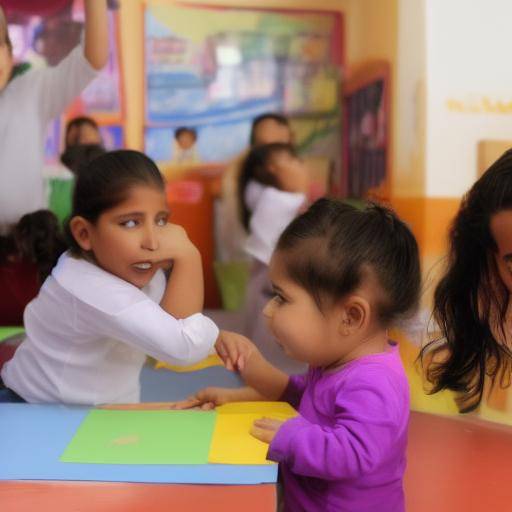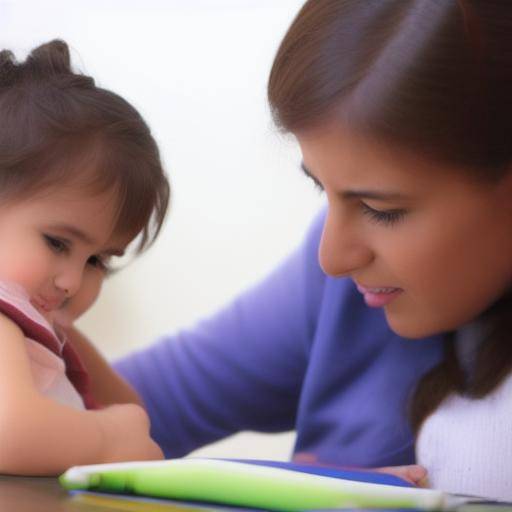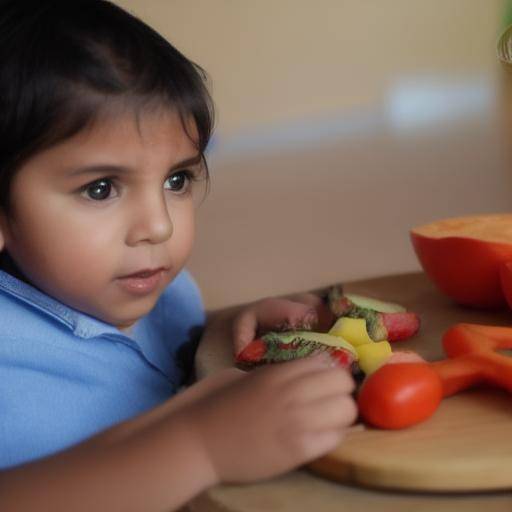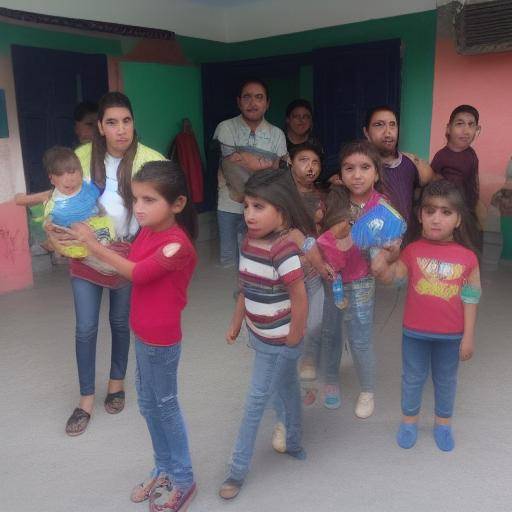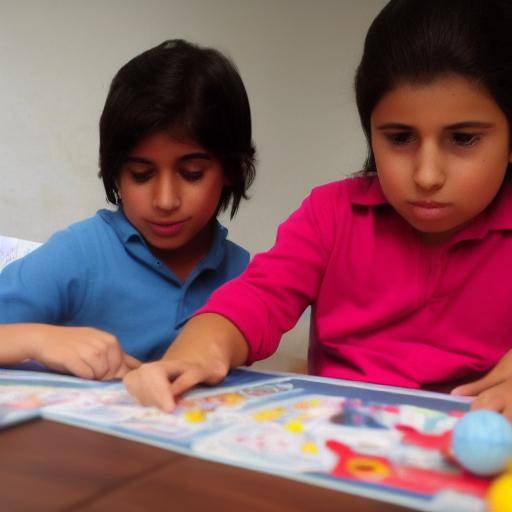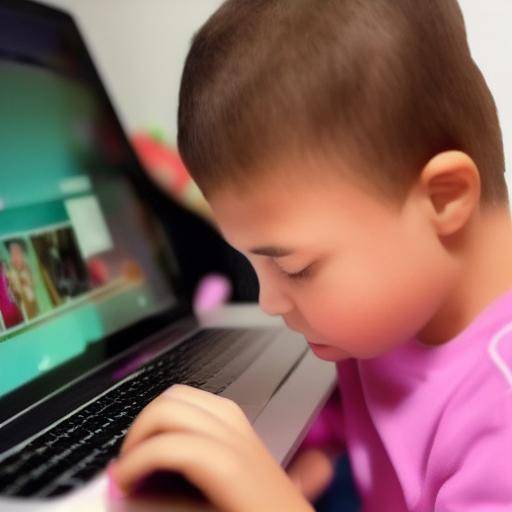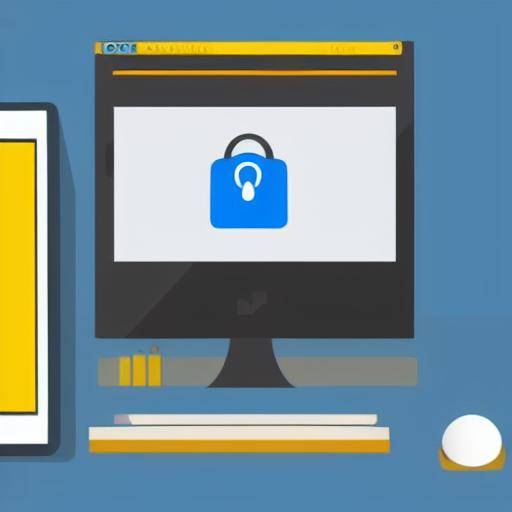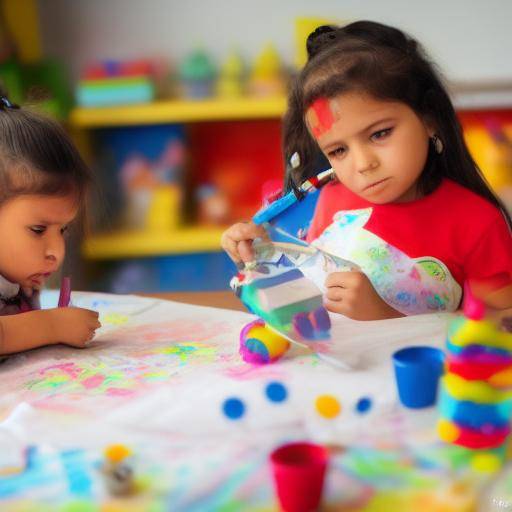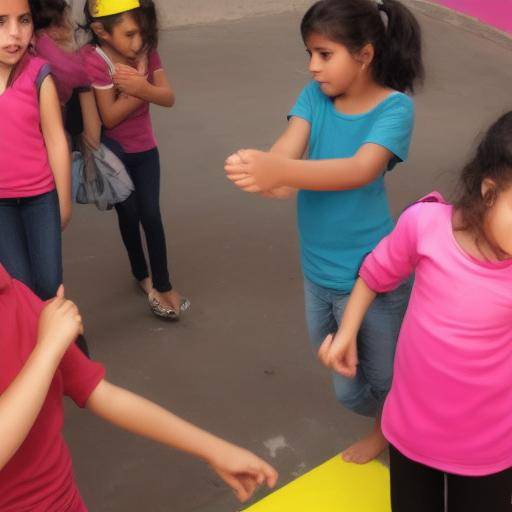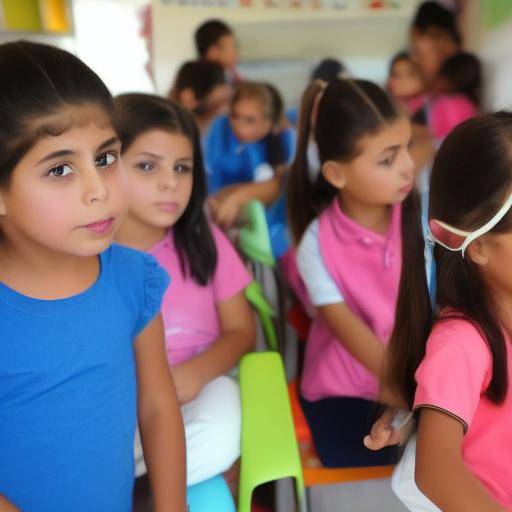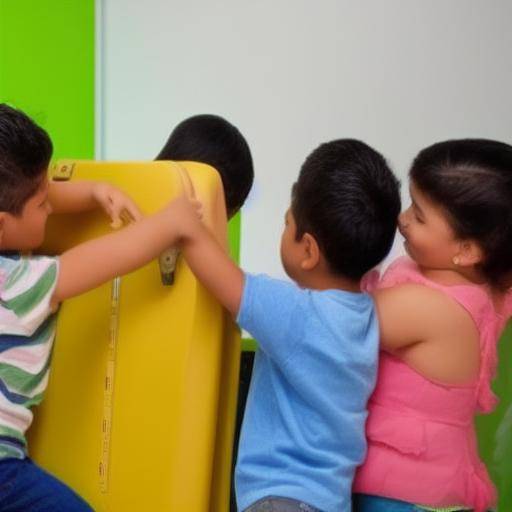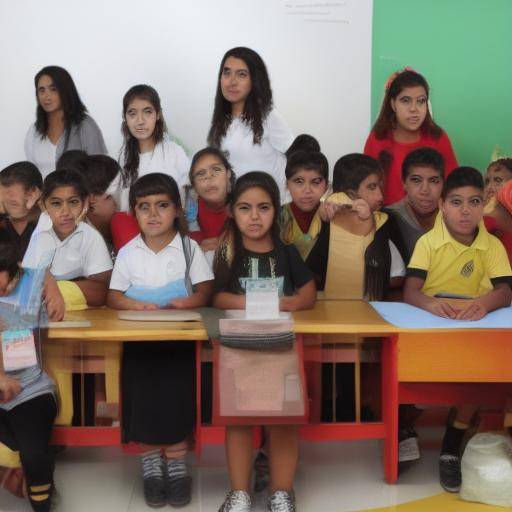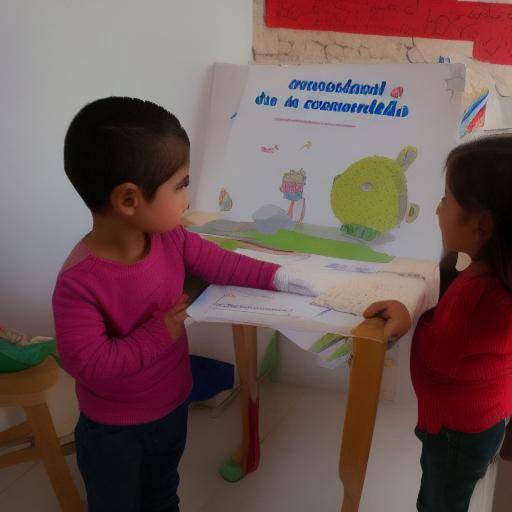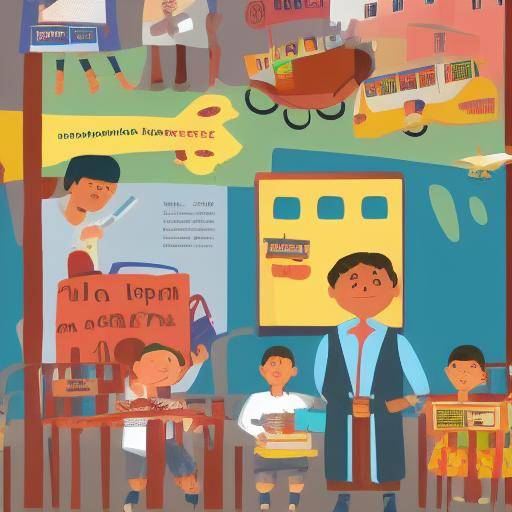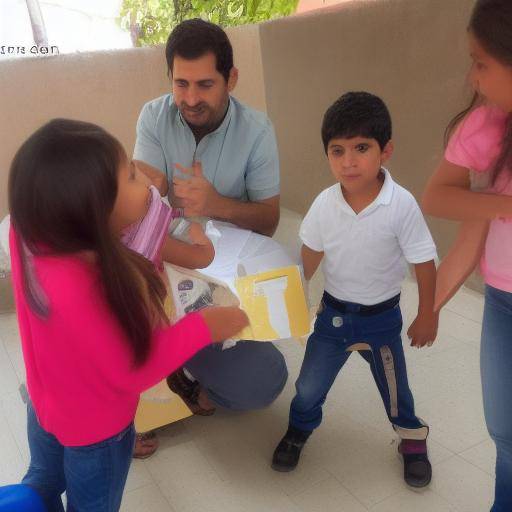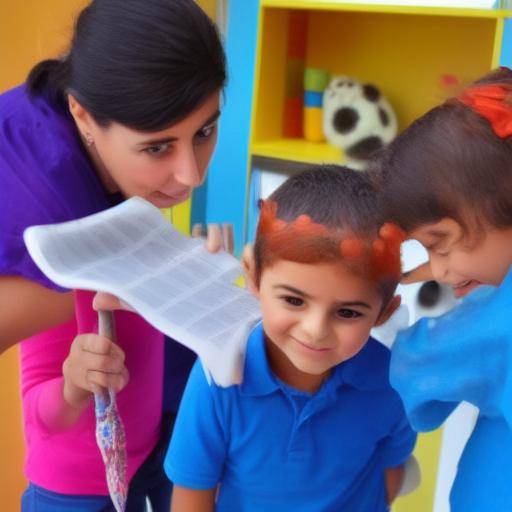
Currently, technology has revolutionized the way children learn and develop. With the increased presence of mobile devices, educational apps have emerged as key tools to help children acquire knowledge in an interactive and stimulating way. In this article, we will explore the best educational apps recommended for children, their impact on learning and growth, and how parents and educators can make the most of these tools. Join us on this journey through the world of educational apps for children.
History and Background
Educational apps are not simply a product of the digital age; they have their roots in the pedagogical theories of the twentieth century that advocated interactive and experience-based learning. As technology progressed, the first educational apps began to emerge, offering children the opportunity to explore educational concepts in a more visual and participatory way.
With the advent of mobile devices, educational apps have experienced exponential growth. Companies and developers have created a wide range of applications specifically designed to provide meaningful learning experiences for children, addressing various areas of knowledge, from mathematics and science to languages and motor skills.
Analysis in Deep
Educational apps offer a number of significant benefits for children's learning. By providing an interactive and attractive interface, these applications stimulate children's interest and curiosity, thus fostering a positive approach to learning. In addition, many of these applications are designed with custom activities to adapt to the learning rhythm of each child, providing an individualized and effective experience.
However, it is important to address the challenges associated with the use of educational apps. As with any form of technology, it is essential to set limits on screen time and monitor the content to which children are exposed. In addition, it is crucial to select apps that are appropriate for the age and level of development of each child, ensuring that the content is enriching and educational.
Comprehensive review
When it comes to selecting the best educational apps for children, it is essential to consider a variety of factors, such as content quality, usability, and safety. Some of the most prominent applications on the market include "Lingokids" for language learning, "Endless Numbers" for mathematical development, and "Thinkrolls 2" for the stimulus of problem solving.
Comparative analysis
When comparing different educational apps, it is necessary to evaluate their pedagogical approaches, the diversity of content they offer, as well as their ability to involve and motivate children. While some applications focus on strengthening specific skills, others offer a wider range of activities covering multiple learning areas.
Practical Tips and Accessible Tips
When selecting educational apps for children, it is important to get involved in the evaluation process. Finding opinions and reviews from other families and educators can provide valuable information about the suitability and effectiveness of each application. Also, limiting the time of use of applications and fostering alternative educational activities, such as reading books and outdoor games, can help maintain a healthy balance in the use of technology.
Perceptions of Industry and Expert Reviews
Various experts in pedagogy and child development have emphasized the importance of carefully choosing educational apps to ensure that they really support the learning and growth of children. In addition, they have emphasized the need for parents and educators to participate actively in the digital learning process, monitoring and participating in the activities that children do through applications.
Case Studies and Practical Applications
To illustrate the positive impact of educational apps, we can highlight the case of a child who, through the use of a language learning application, managed to develop meaningful linguistic skills that enabled him to communicate effectively in a multicultural environment.
Future Trends and Predictions
As technology will continue to evolve, educational apps will continue to play a crucial role in the educational landscape. Future applications are expected to integrate emerging technologies, such as increased reality and artificial intelligence, to provide even more immersive and personalized learning experiences.
Conclusion
The recommended educational apps for children represent an invaluable tool to enrich the learning and development process. By effectively combining technology and pedagogy, these applications offer a dynamic and stimulating approach to cultivate love for learning in children. In thinking about the future, it is essential to advocate for responsible use of educational apps, ensuring that they complement and enrich children's learning experiences.
Frequently asked questions
What are the key criteria for selecting a good educational app for children?
To choose a good educational app, it is vital to consider the quality and relevance of the content, usability, safety and adequacy for the child's age and level of development.
How old is it appropriate for children to start using educational apps?
The use of educational apps can be suitable from the age of 2 as long as applications specifically designed for your age group are selected and their use monitored.
How can I make sure my child benefits from educational apps without exceeding the time of screen?
Set clear limits on screen time, diversify educational activities and monitor the applications it uses are effective strategies to ensure a balanced use of educational apps.
Is there any research that supports the effectiveness of educational apps for the learning of children?
Yes, many studies have shown that well-designed educational apps can have a positive impact on areas such as language development, mathematical and cognitive skills in children.
How can I find quality educational applications for my child?
Explore online reviews, consult educators' recommendations and search for applications that promote active learning and creative participation can help identify quality educational apps.
What is the role of parents in the use of educational apps by their children?
Parents play a crucial role in selecting, monitoring and participating in educational app activities, providing support and encouraging a positive attitude towards digital learning.
With the rise of technology in education, educational apps have become powerful allies to stimulate the intellect and growth of children. By choosing wisely and monitoring their use, parents and educators can effectively incorporate these tools into the learning process of children, offering enriching and attractive educational experiences.


